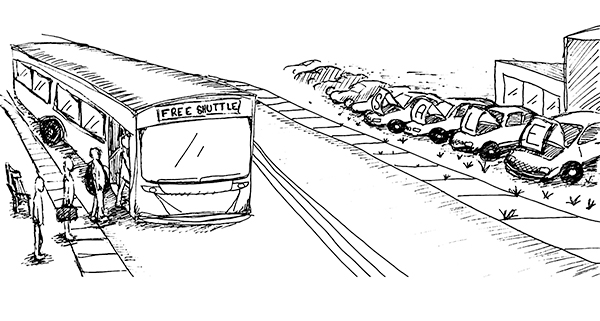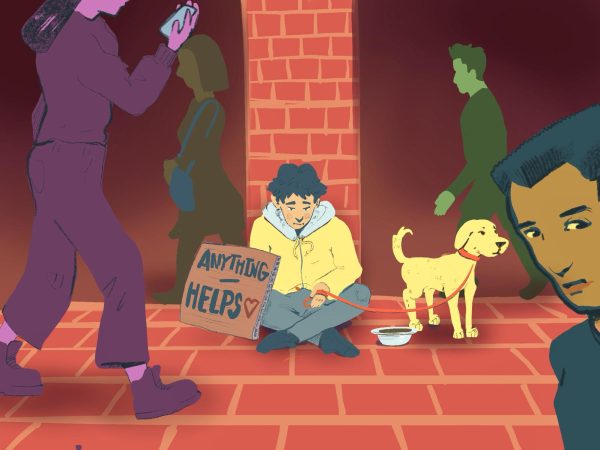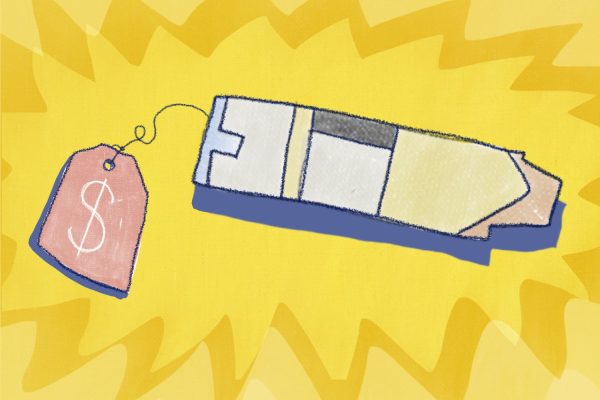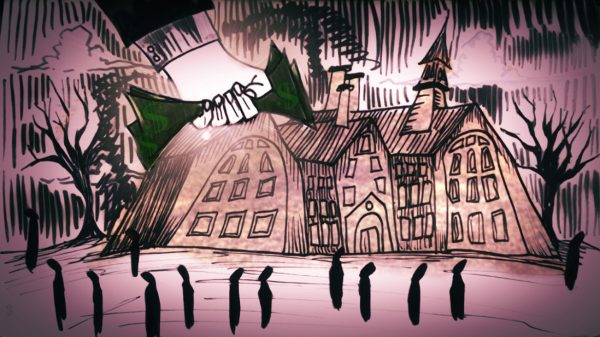Give public transit back to the public
October 24, 2019
Any good, self-respecting Catamount carries three items with them when they leave their house: an autographed picture of Rally Cat, a flask full of Vermont maple syrup and their CATcard.
I’m kidding about the first two, of course, but even if you don’t live in a dorm or eat at the dining halls, your CATcard carries benefits wherever you go in Burlington.
UVM students get unlimited access to Green Mountain Transit, covering Chittenden county and much of central and western Vermont, but the working public does not.
My unlimited access helps me visit my friends in the Old North End and avoid having to hike up the Main Street hill to get back from downtown.
I also visit stores like Target and Goodwill that are a bit out of walking range or even use their connector routes to explore the state, with buses going to Middlebury, Montpelier and beyond.
But I can’t help but feel a bit guilty thinking about my privilege in comparison to the working people of Burlington.
I get to hop on the bus anytime I want at no direct charge to myself, while watching working people, who rely on the bus, pay for fare entrance each time they enter the bus.
Of course, we’re not riding “for free.” Students pay $120 a year in transportation fees in our tuition to help fund this benefit, according to UVM’s Student Financial Services.
This cost helps cover both GMT and the UVM shuttle service that operates around campus, which isn’t available for non-students.
Even though we benefit from both of these services, we pay drastically less than the general public does for GMT access.
If you’re not a student at UVM or Champlain College, bus passes can cost $40 a month, or $480 a year, according to the GMT website. This is four times more than we as students pay.
That’s not an insignificant amount of money, and for the working class in Burlington, $480 can be the make or break on whether they can pay the rent or feed themselves and their families.
Transportation can be a huge barrier to finding good employment. Increased access to public transit improves economic outcomes for communities, while decreased access can lead to them falling behind, according to a Jan. 18 Transport Policy article.
Public transit should embrace its status as a public resource for any and all who need it. For the less fortunate, transportation to and from work can make all the difference in the world.
If you’re well-off enough to afford a car or a bus pass, you can take advantage of the great opportunities in our city and state. If not, your job opportunities are limited by your ability to walk to work.
For the disabled, not being able to walk to work can prevent employment altogether. The average Burlingtonian’s commute to work is around 18.5 minutes, according to the most recent data from the US Census. Commutes in Essex Junction and Colchester can be even longer.
Someone without a bus pass might be forced to walk to work, and when winter comes, that walk could be in below-freezing conditions.
It’s unacceptable that the working class of our city are forced to risk hypothermia to get to work if they can’t afford a bus pass.
Most of GMT is already largely financed by a combination of state, local and federal money. Only $2.3 million of GMT’s $16 million dollar budget comes from rider payments, according to the January 2018 GMT Board of Commissioners’ agenda.
By contrast, the legislation currently debated in Montpelier to tax cannabis sales is expected to raise at least $4-$8 million in its first year alone, according to Vermont General Assembly bill S.54.
We as a city and as a state should be able to afford the expense when GMT offers bus service to nearly half of the entire state’s population.
Providing comprehensive public transit, free at the point of access, allows for every member of our community to contribute the most they possibly can without ever having to worry if they can afford it.
We have the opportunity in Burlington to demonstrate that free public transit is not only possible, but beneficial to the well-being of the people.
Not to mention that encouraging people to use public transit dramatically reduces our carbon footprint.
Regular buses are already a huge step above cars, but GMT is taking it a step further by starting to replace their fleet with electric vehicles.
A green, equitable transportation system should be the goal of every class-conscious and environmentally oriented member of our community.
And together, we can achieve it.
















![Can’t buy me [self] love](https://vtcynic.com/wp-content/uploads/2024/04/self-care-FINAL-600x398.jpg)
